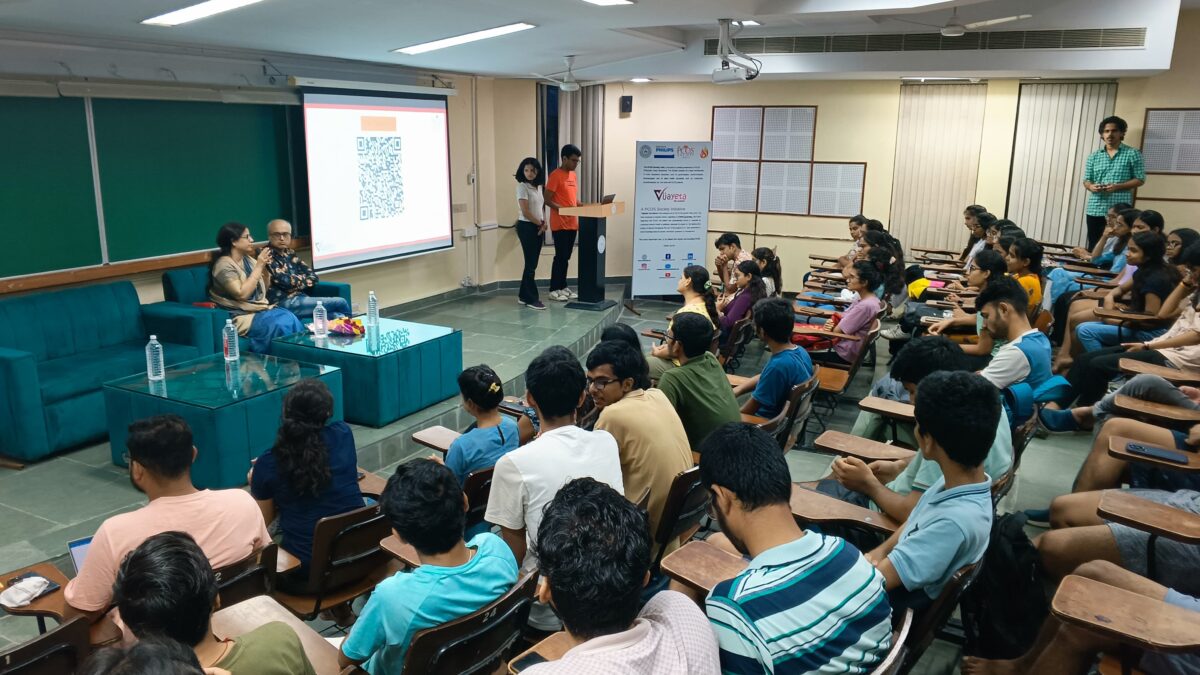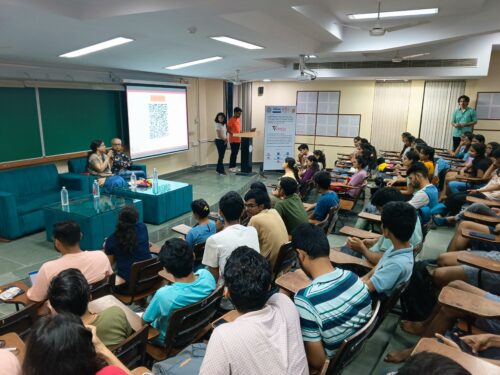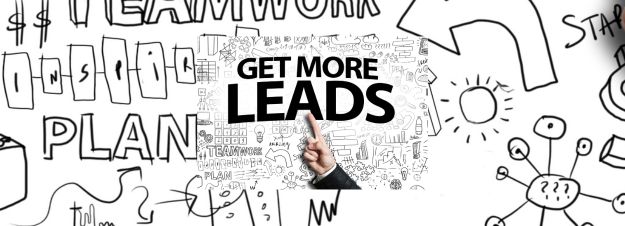
Top 8 benefits of professional event management company for your corporate event
November 13, 2024Successful B2B Event Planning and Management: A Simple Guide
Organizing B2B events is an important part of the business world nowadays. Such events bring companies together to network, share insights, and explore new opportunities. They are applicable to trade shows, conferences, or networking sessions, these events help businesses grow and connect with potential audiences, business partners or clients. If you’re looking for B2B event planning and B2B event management, this guide will give you detailed insights through the various steps to ensure success.
Understanding the Goal of B2B events
Defining Clear Goals
Before working for the planning and logistics for your event, one must take enough time to define your event’s ultimate purpose. Why are you organizing this B2B event? Is the goal of b2b events aimed to generate leads, promote a new product, promote association, or is it to increase your brand’s visibility? If you have well defined, and clear goals in mind, it helps to improve the B2B event planning process and ensures that every part of your event is aligned with your objectives.
For example, if your main goal of this event is to increase networking opportunities, you’ll want to structure the event around activities that encourage interaction, like breakout rooms/sessions or informal meet-and-greets.
Know Your Audience (Target Audience Identification)
Knowing who your audience for the event is will impact many decisions during the b2b event planning and b2b management process. Are you targeting IT professionals? Real estate professionals? Network marketers? Or Members of any Association? Small business owners? Industry experts? Target audience identification will help you choose the right set of speakers, venue, and also the type of content to present during the event.
Apart from demographic data, one must consider collecting ideas/feedback through form filling, surveys or social media polls. This can give you a better idea of what your audience wants to gain from the event, which will ultimately help in planning sessions that engage those sets of business professionals.
Measuring Event Success
These things help to measure key performance indicators (KPIs)
To know how successful your event was, business owners must set measurable goals using Key Performance Indicators (KPIs). Some useful metrics might include:
- Number of attendees (e.g. expected vs actual)
- Level of engagement (e.g., participation in discussions or networking sessions)
- Leads generated from the event
- Attendee feedback
After the event, one may use these metrics to analyze what went well and what could be improved next time.
Budget Planning for B2B Events: A Crucial Step in B2B Event Planning
It is one of the most important parts of b2b event planning. B2B event planners must make sure to take care of all potential costs such as venue fees, catering, marketing, event management fees, and any necessary technology. You should ideally also set aside a portion of the budget for unexpected costs.
By monitoring your expenses throughout the b2b event planning process, you can avoid overspending and allocate resources where they’re most needed. You may also cut short on any component and allocate on some relevant expense head.
Choosing the Right Venue
The right and appropriate venue can make a bigger difference in the success of your B2B event. One must consider factors like capacity, location and available amenities when making your choice. A venue that is easily accessible to your attendees, offers reliable Wi-Fi, must have basic facilities, also should be senior citizen friendly (like if event venue is on a higher floor, it must have lifts) and has enough space for both presentations and networking which will improve the overall experience.
Creating an Engaging Event Agenda
A well-created event agenda is key to keeping attendees engaged throughout the event. A mix of presentations, panel discussions, and breakout sessions with various opportunities for networking can be a good and engaging event agenda.
B2B event planners may offer a mix of learning formats-such as workshops, hands-on demos, product demos, experience sharing and keynote speeches etc.to cater to different preferences of b2b events. You may make sure the schedule is clear in understanding and easy to follow so attendees know exactly where to go, timing of events and what to expect during the whole event.
Use of Technology
From event management software that handles registrations to communicating apps/softwares that lets attendees introduce themselves, network and access event materials, technology can streamline both the planning and execution of b2b events.
Hybrid and virtual events are becoming popular nowadays. If you’re offering a virtual component, make sure it’s seamless, using quality streaming tools and allowing virtual attendees to participate in various discussions and activities during the event.
Promoting Your Event
Effective marketing ensures your event reaches the right audience. Here are a few marketing strategies to consider:
- Email Campaigns: You may send personalized emails to your target audience and create buzz, including information on early-bird discounts, agenda, how they can get benefit by attending events and speaker highlights.
- Social Media: You may share updates and create excitement using social media platforms like linkedIn, facebook, instagram or twitter. Engaging content like behind-the-scenes videos or interviews with speakers or some reels on event can also attract attention.
- SEO: Make sure your event website is optimized for search engines. This will help you drive more organic traffic to your registration page.
Making Your Event Interactive
Interactive elements, like engaging with attendees by asking some questions, live polls or Q&A sessions, encourage attendee engagement. You can plan a few other things like gamification type things-such as quizzes,polls or challenges-to make the event more enjoyable and motivate participation. You can start with some light fun type activities also.
Interactive workshops where attendees can collaborate on solving real-world problems are enjoyable as well as valuable. They not only enhance learning but also offer more networking opportunities.
Post-Event Follow-Up and Analysis
After your event ends, it’s time to measure the event’s success. For this, organizers may send out surveys/feedback form to attendees, asking for their thoughts on everything from session content, quality of speakers and its learnings to overall satisfaction. Post event follow up, one must review decided KPIs and do analysis for attendance data to see whether you reached your goals.
Measuring ROI is crucial for the analysis of any B2B event. Did the event lead to new business opportunities? How many new leads were generated? How much investment / partnership/ association/ collaboration generated. Business owners must take a holistic view, looking at both tangible and intangible benefits such as brand visibility, engagement and industry relationships.

Conclusion
B2B event planning requires careful attention to minutest details, from setting clear goals to budgeting and marketing. By focusing on providing value to your attendees and measuring success with decided KPIs, your B2B event can serve as a powerful tool for growth and relationship-building in the business world.
By following the above steps and using above knowledge, you’ll be well on your way to B2B event planning and management for youe events that not only meets but exceeds expectations, which in turn will create lasting value for your business and attendees alike.
For any requirement related to b2b event planning and management for your corprate events, you may get in touch with Collab Function





